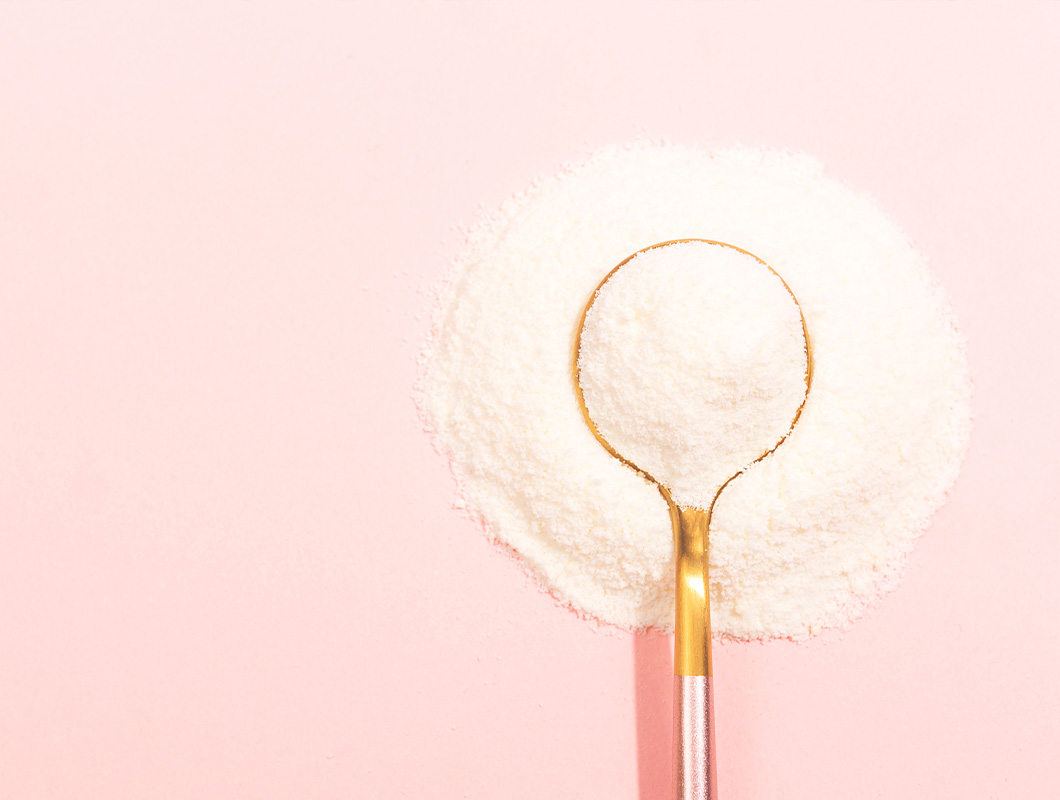Drinkable collagen: myth or reality?
Improving the body

Collagen is the main protein in the composition of the human body, the share of which is about 30% of the total mass of proteins. Let's figure out what collagen is and whether it is worth drinking.
Collagen is a natural fibrillar protein that forms the basis of the connective tissue of the body of humans and animals. It supports the structure of bones, skin, tendons, blood vessels, strengthens tissues, ensuring their strength and elasticity. With age, the number of collagen fibers decreases, it loses elasticity, which is the basis of many external signs of aging.
The main component of the skin is type I collagen. Its amino acid composition has a number of features. The composition of collagen includes oxidized forms of amino acids: hydroxyproline and hydroxylysine. Moreover, the primary structure of this protein is characterized by repeated repetition of three amino acids, most often glycine, proline, oxyproline (collagen motif),thanks to which, under physiological conditions, such a chain twists into a left-handed spiral, each turn of which has three amino acids (the secondary structure of the protein). Three polypeptide chains combine into a single right-handed superhelix, forming the characteristic tertiary structure of collagen, stabilized by hydrogen and covalent disulfide bonds.
Types of collagen
As already mentioned above, collagen consists of amino acids: glycine, hydroxyproline and arginine. Depending on the sequence in which amino acids and molecular structures are placed, more than 20 types of collagen are distinguished. Let's consider the main ones, which are necessary to support health and beauty.
Type I collagen is found in all types of tissues. Responsible for elasticity, water balance and absorption of nutrients. Necessary for maintaining the health of the skin, bones and connective tissues.
Type II collagen is concentrated in joints and tendons. It is used in food additives and ointments, as a medicinal and prophylactic agent for rheumatism, arthritis and other diseases and inflammations. Provides restoration of joints, discs, cartilage.
Type III collagen is responsible for elasticity, metabolism and condition of skin, hair and nail cells, rejuvenation and tone.

Read also
- The beginning of the new era of proper collagen formation: the presentation of the world-famous drug
- Stimulation of skin metabolism: possibilities of transmembrane protein
- Conditions for collagen formation
- With and without retinol: new cosmetic ingredients
- Rejuvenation of the skin with Linerase type I collagen
- Copper in skin and cosmetics